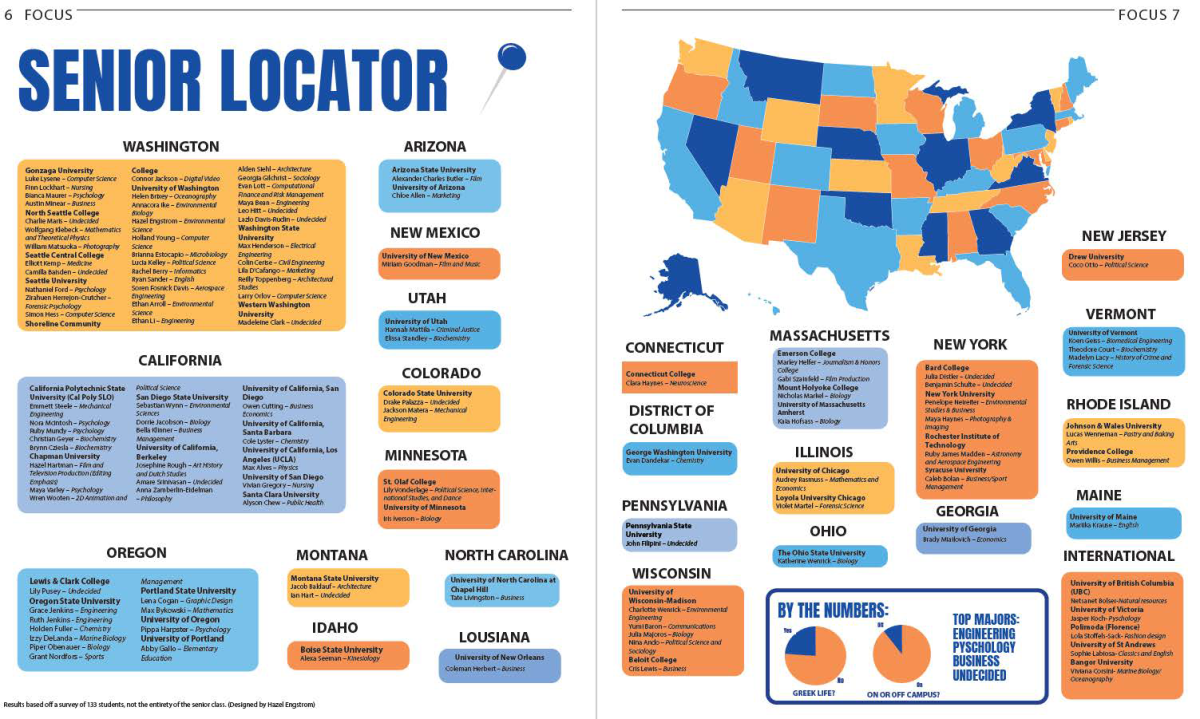Rapper EBK Jaaybo, and the negative portrayal of rappers in the media

Cover image for EBK Jaaybo’s most recent single “Accidental Smoke.”
April 25, 2023
Stockton California’s EBK Jaaybo is an up and coming rapper just now gaining mainstream attention following his recent release from prison. He just released a new track, “Accidental smoke” and is gaining traction in the industry daily. Jaaybo served just under two years in the Stockton County Jail for allegedly selling thirteen illegal firearms to an undercover ATF agent.
One of these firearms was modified with a federally illegal device known as a “switch” that converts a semi-automatic handgun into a machine pistol. The unlicensed sale of the firearms alone is a felony, but possession of a switch is considered a much more serious offense.
Fortunately, Jaaybo only played a small role in the alleged crimes, and was a minor at the time of the offenses so he dodged the almost inevitable serious prison time that comes with them. While Jaaybo maintains a hardened street soldier image, he is vocal about the mental health issues that come with his lifestyle, and doesn’t condone it.
In one of his most popular songs, “Street Love Song (PTSD),” he raps about losing family and friends to gun violence, suffering from PTSD and living in constant paranoia of the life he used to live catching up to him: “When I told you I was damaged, I was serious Sometimes I cry ’cause my pops ain’t get to hear this s*** Even a thug be in his feelings F*** love, I’m reminiscing ’bout them killings.”
He also raps about how being surrounded by violence from a young age shapes you, and how quickly loss can change you: “when Casino lost his life, that was the saddest day I ain’t even shed a tear, my mama had to pray, She knew her baby changed.”
In my opinion, songs like this are what set Jaaybo apart from a lot of the other popular underground rappers right now. While some of Jaaybos music could be perceived as violent or toxic, I feel like a lot of it is him simply rapping about what comes with his hard upbringing.
Kids growing up in rough neighborhoods can relate to Jaaybo when he raps about growing up around violence, dealing with unnecessary loss and feeling like there’s no escape. Jaaybo grew up on Nightingale avenue in Stockton’s southeast, an area known for its rampant crime and poverty.
While Jaaybo is no stranger to crime and legal troubles, he has been trying to focus on music and stay out of the streets since his release. In a recent interview on the NoJumper podcast, he was asked how he feels about being back. Jaaybo told the host, “I’m feeling good bro I’m just happy to be home, you feel me, I’m happy to be alive for sure.” In the same interview he talks about wanting to “move different” and focus on his career, and how there’s nothing good for him back in Stockton.
He also talks about losing friends while in jail, and specifically about losing his close friend and up and coming rapper, Young Slo-be. Earlier this year, Young Slo-be was tragically killed in a shooting in Manteca, California over a dispute with another man outside a restaurant.
Jaaybo talks about how he and Slo-be had recently settled an issue they had, and how they had plans for the future that they hadn’t put in place.
Growing up in Stockton and other dangerous areas in the United States requires you to grow up fast, be hard and learn how to avoid the negativity that surrounds you. With only a small amount of room for upward mobility, lots of kids from these areas turn to the streets from a young age just to survive and a lot of the time support their families.
A frequent issue I see in the mainstream media today is the dehumanization and misclassification of rappers. In the media today, rappers are often reduced to their criminal records and past, putting their talent to the side.
Instead of being treated like other musicians who are praised, supported and embraced by the mainstream, they are shunned, labeled as ignorant and considered violent criminals who snuck their way into the music industry – instead of artists.
This negative depiction of rappers is very troubling to me and a lot of the time seems to have a racist undertone. These artists are products of their negative environment, and it feels unfair for people who have never grown up or lived the way they have to cast judgment. A lot of the time this negative portrayal feels fueled more by racism, than the actions of the individual.
Celebrities have had controversies since the beginning of time, and have been forgiven and given the luxury of a second chance, while when a Black man from a “dangerous” neighborhood messes up they are seen as subhuman and incapable of change.
If you’re curious about Jaaybos music, some songs I recommend you to listen to are “South sie’ baby, disloyalty”, “Mobbing out the struggle”, and “In my head.”
























